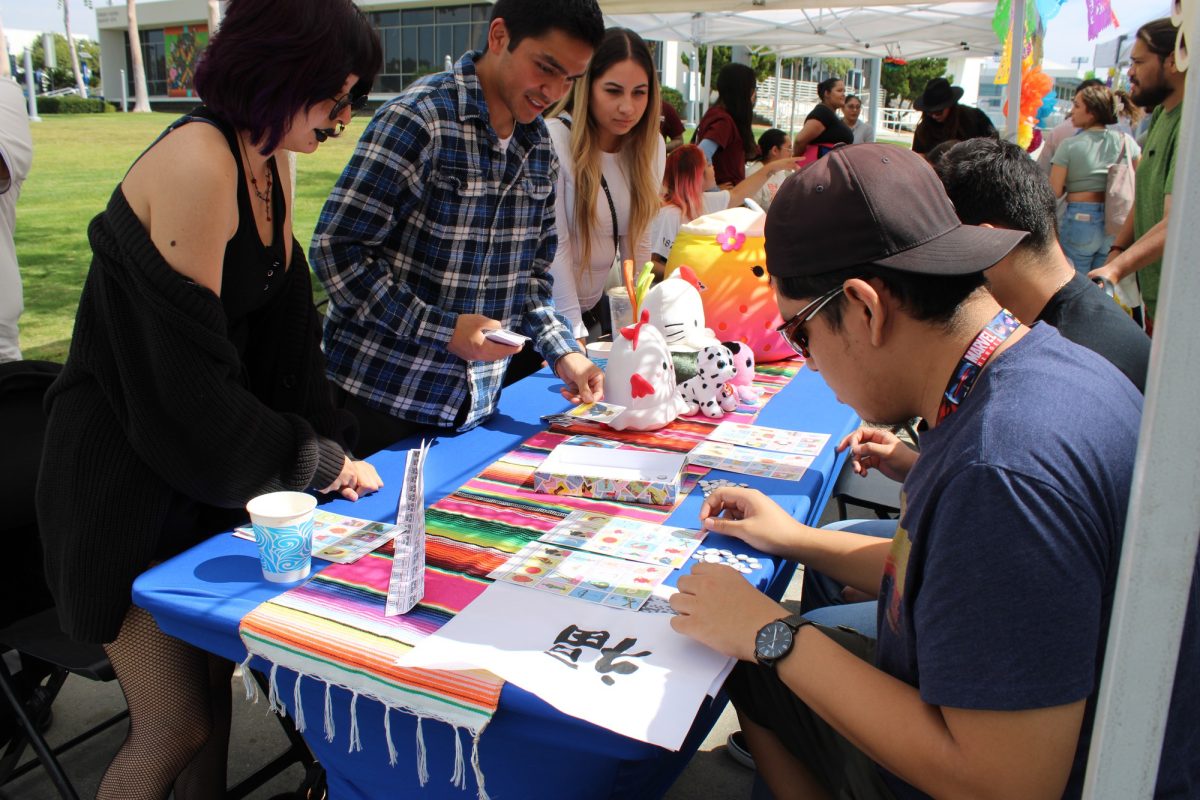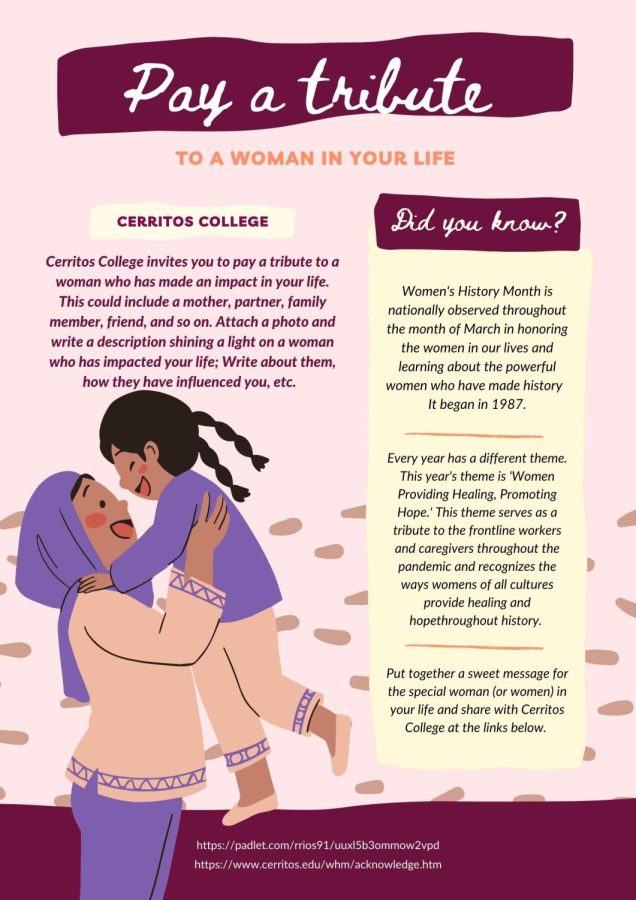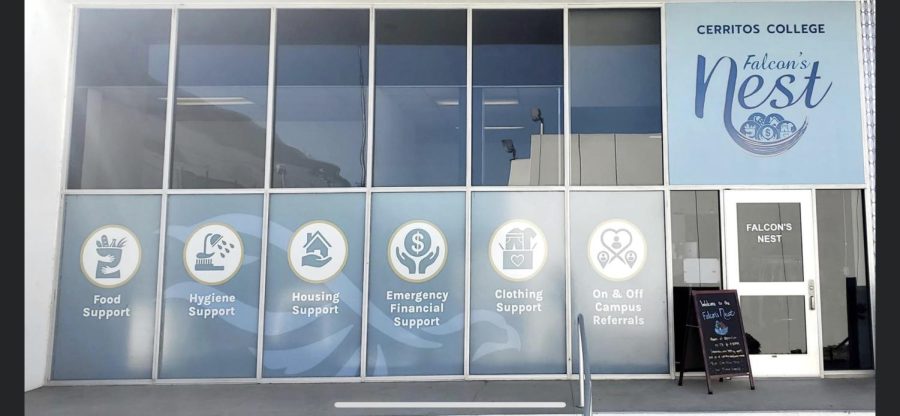Kate Mishler, American Studies graduate, an invited speaker covered the topic of women’s bodies in the media.
She came in to share with students her research project and her findings about women in work.
She gathered information and evidence from newspapers during 1892-1923, from http://chroniclingamerica.loc.gov where there’s a collection of newspapers from 1789 to 1924.
Her focus was to figure out what the media was talking about when it came to industrial injuries for women.
She noticed that bodies and industrial injures were predominantly male, “That was a male’s face, male problem.”
This was my thesis, “During WWI American newspapers played a key role in constructing and maintaining acceptable societal gender norms by portraying industrial accidents and injuries differently from men and women to their readers,” Mishler said.
“More importantly what I was looking at is the beliefs and ideas that are tied strictly to ones perceived gender role”
The spectrum was that women reproduce children and are domestic men are tough and professional.
“Full disclosure though, gender language is also very contingent upon social economic status and race.”
Newspapers kept men at the center of the discussion, women that were incorporated were in the “preferire”.
“Women are weak, women can’t work in munitions factories, their bodies were problematic, they were mentally problematic and it wasn’t the proper space.”
Women were seen as not physically capable and mentally weak for the work force.
“In conclusion, women were defiantly present in industrial spaces newspapers reflected this societal unease with the types of jobs the worry of accidents and injuries concerns over the effect industrial women might have on society and newspapers are very useful at showing cultural change.”
Kim Berling, Cerritos College professor, was not surprised with how women were being described years ago.
“A lot of patriarchy and sexism came from white male privilege and dominance, not all though.
“I think we would not see the same things in today’s newspapers because it’s not so acceptable to say it out loud, I do think that some of those attitudes are still there. Attitudes have changed and newspaper have changed and yet I think underneath it all still is some of the same attitudes” said Dr. Kim.
Mishler said, “It was surprising that WWII and Rosie The Riveter get so much coverage and these women in WWI were doing the same thing and they’re practically forgotten.”
Javier Valdovinos, nursing major, thought it was horrible women were put into positions men were supposed to work in and undergo difficulties.
“It has changes for the better but it’s not the best it can be because women are still fighting for equal pay and equal benefits,” Valdovinos said.








